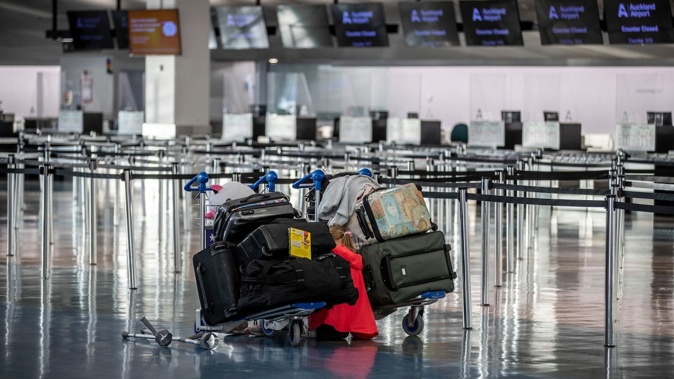
An informal survey has revealed what tourists and locals think about the proposed increase to the international tourist levy.
On October 1, the International Visitor Conservation and Tourism Levy (IVL) will more than double, increasing from $35 to $100. The news has garnered criticism from individuals and organisations in the tourism industry.
Tourism Industry Aotearoa (TIA) chief executive Rebecca Ingram said the decision would “dent our global competitiveness” and the Board of Airline Representatives (BARNZ) was “extremely concerned” about the negative impacts of the increase.
One group that doesn’t appear too fazed are the tourists, according to social media.
Potential travellers and locals recently shared their opinions about the levy in New Zealand Travel Tips, a Facebook group with 115,000 members.
A poll about the levy, posted on September 4, asked travellers whether it would affect travel and asked non-levy payers (such as Kiwis and Australians) if they felt it was a reasonable amount.
A total of 1099 people voted in the survey; 468 travellers due to pay the levy and 631 people who claim they don’t have to pay the fee, likely because they are Kiwis.
Most (83%) travellers due to pay the levy said the increase would not change their decision to visit and just 34 people said it would affect their travel plans.
Kiwis and non-levy-payers felt similarly; 80% said they thought $100 was “reasonable”.
 Money from the levy will go towards facilities such as public toilets, which are used by New Zealand residents and visitors. Photo / David Haxton
Money from the levy will go towards facilities such as public toilets, which are used by New Zealand residents and visitors. Photo / David Haxton
Travellers and locals explain their support and reservations
One member also posted about the levy, saying it “seems high” and asking whether it would deter visitors.
More than 400 people responded with messages of support and criticism.
One of the most common arguments was that $100 was a small cost compared to the price of a trip to New Zealand.
“People are spending thousands to come here. $100 shouldn’t be a factor,” one person wrote, while someone against the price hike wrote: “Pragmatically it’s a drop in the bucket, but I do feel being a bit taken advantage of.”
Others agreed that the increase felt unfair.
“Having just recently been to Kiwiland and having considered returning, this does affect my future plans,” one person wrote, clarifying this wasn’t because of the money but the attitude they felt was behind increasing it. Meanwhile, another described it as an “unfriendly act”.
Dozens said the price was in line with other countries and was reasonable if it was used to support resources visitors use for free.
“It’s the least a tourist can do to support infrastructure on the islands with free parks etc.” one person wrote, while another said they appreciated the fee as they loved the country’s “plentiful clean public toilets”.
Many others echoed this sentiment, saying they were happy to pay their way, and it was “money well spent”.
One tourist planning to visit New Zealand pointed out that it’s cheaper than the US visitor visa fee and $100 was “not a dealbreaker”.
A single traveller said they weren’t fussed but could understand why families of four or five people would reconsider.
Sure enough, a parent commented that they were visiting with their five children and the increase would be “a bit difficult” so they plan to shorten their trip by a few days.
Another popular argument suggested the increase was only fair if it was used well.
“Will be reasonable only if the money is allocated to the adequate resources of actually improving the land quality,” one person wrote.
“It’s fair if the money is going to the right places and spent wisely,” another wrote. “There is a lot of maintenance and upkeep for what tourists get to use for free.”
Take your Radio, Podcasts and Music with you









